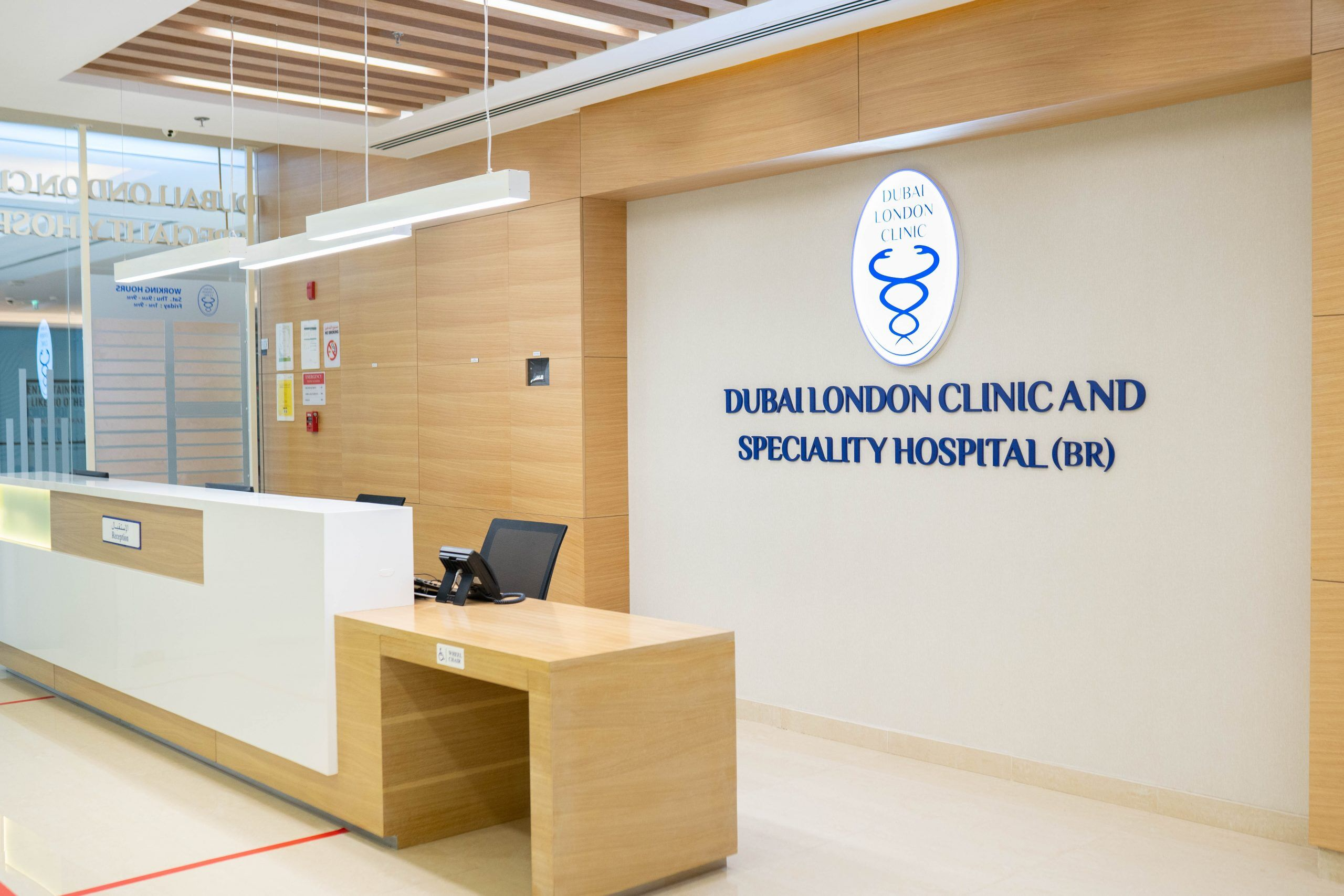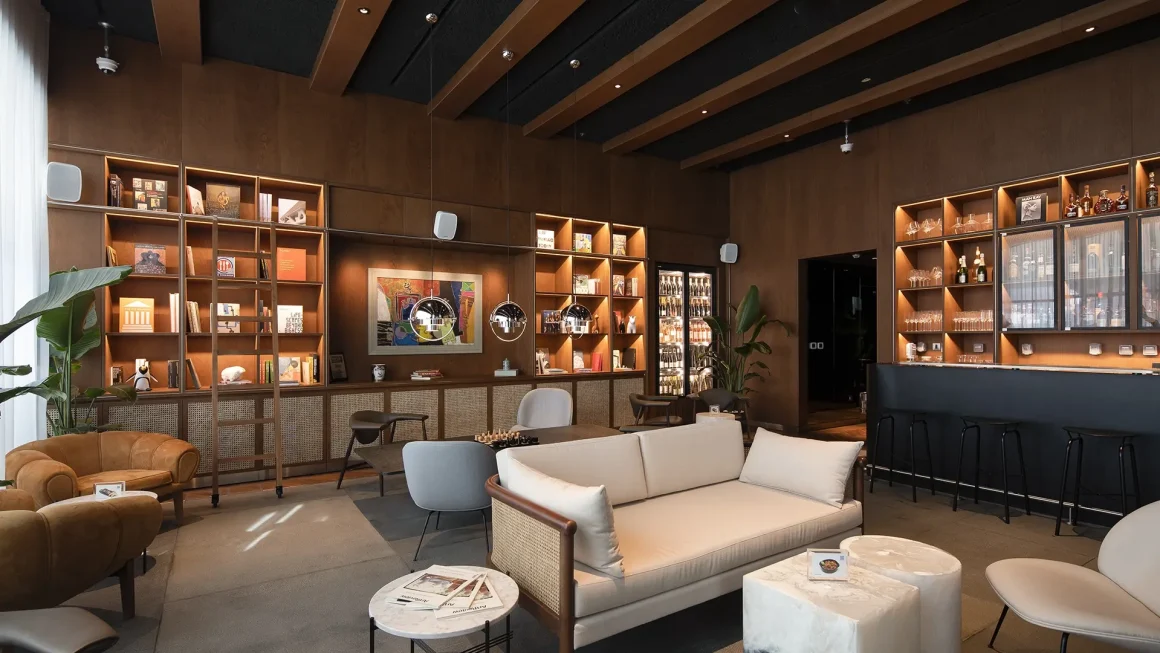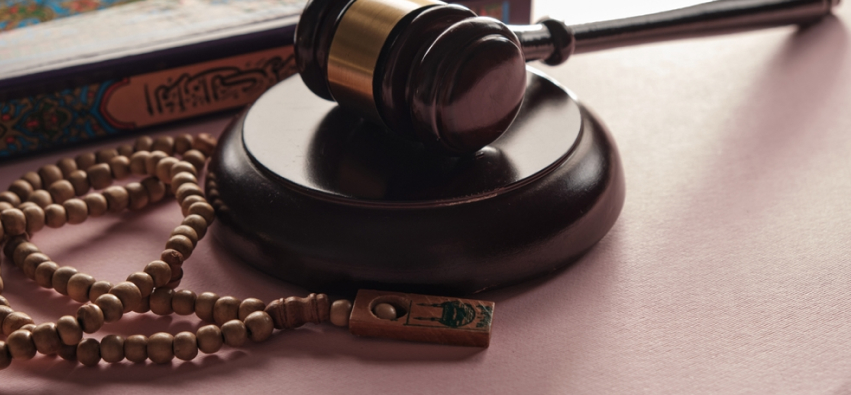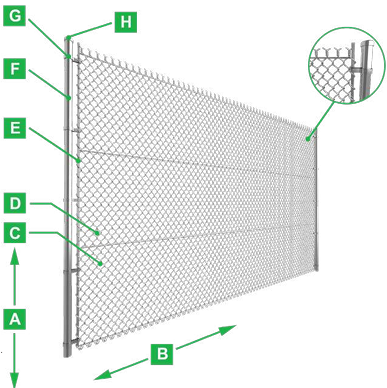Acne, a common skin condition, can be a source of frustration and self-consciousness for many individuals. While it often affects teenagers, it can persist into adulthood and can vary in severity. Effective acne treatment strategies exist to help you achieve clear, beautiful skin. Here is a look into some of the key approaches for acne treatment Dubai.
Oral medications:
For moderate to severe acne, oral medications may be necessary. Antibiotics, such as tetracycline or doxycycline, can help control acne by reducing inflammation and killing acne-causing bacteria. Oral contraceptives containing hormones like estrogen and progestin can also be effective in regulating hormonal acne in some individuals.
Isotretinoin (Accutane):
Isotretinoin, commonly known as Accutane, is a powerful medication prescribed for severe, stubborn acne that hasn’t responded to other treatments. It works by reducing oil production, preventing clogged pores, and decreasing inflammation. However, it comes with potential side effects and requires careful monitoring by a healthcare provider.
Light and laser therapies:
Light and laser therapies, such as intense pulsed light (IPL) and photodynamic therapy (PDT), target acne by reducing inflammation and killing acne-causing bacteria. These treatments can also improve skin texture and tone. They are often used in combination with other acne treatments.
Lifestyle and skincare habits:
In addition to medical treatments, adopting healthy lifestyle and skincare habits can support acne management. These include:
- Gentle cleansing: Use a mild, non-comedogenic cleanser to wash your face twice daily. Avoid scrubbing too vigorously, as it can exacerbate acne.
- Hydration: Stay hydrated by drinking plenty of water to help maintain skin health.
- Sun protection: Use a broad-spectrum sunscreen with SPF 30 or higher daily to prevent sun-induced skin damage and potential worsening of acne scars.
- Diet: Some individuals find that certain foods, like dairy or high-glycemic-index foods, may worsen their acne. Consider keeping a food diary to identify potential triggers.
- Stress management: High stress levels can exacerbate acne. Practice stress-reduction techniques such as mindfulness, yoga, or meditation.
- Avoiding squeezing: Resist the urge to pick or squeeze pimples, as this can lead to scarring and further inflammation.
Professional guidance:
Acne treatment strategies are highly individualized, and what works for one person may not work for another. Seeking professional guidance from a dermatologist is essential for determining the most effective treatment plan tailored to your specific skin type and acne severity.



